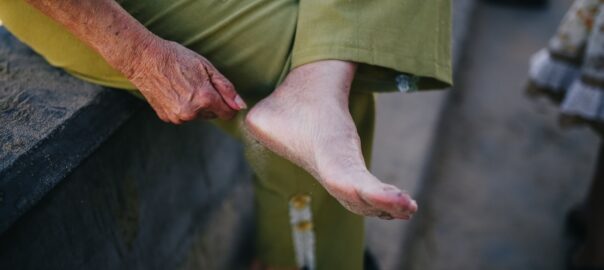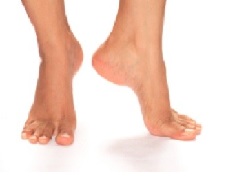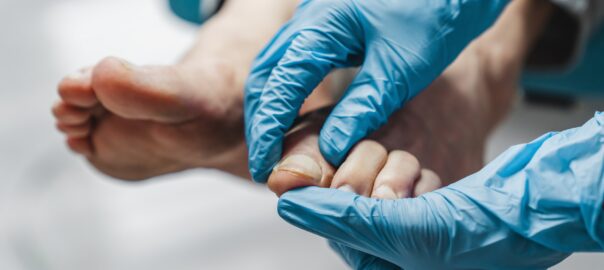Arthritis in the feet can cause a range of symptoms that can vary in severity depending on the type of arthritis and the individual. The two most common types of arthritis that affect the feet are osteoarthritis and rheumatoid arthritis.
Here are some common symptoms associated with arthritis in the feet:
- Pain: Pain is one of the most common symptoms of arthritis in the feet. It can range from mild to severe and may be constant or intermittent. The pain may be localized to a specific joint or may radiate to other areas of the foot.
- Stiffness: Arthritis in the feet can cause stiffness, making it difficult to move the affected joints. This stiffness is often worse in the morning or after periods of inactivity.
- Swelling: Inflammation of the joints is a hallmark of arthritis, and it can lead to swelling in the affected area of the foot. Swelling may come and go and can make it difficult to wear shoes.
- Reduced Range of Motion: Arthritis can limit the range of motion in the affected joints, making it challenging to perform activities that require flexibility in the feet, such as bending or pointing the toes.
- Warmth and Redness: Inflammatory arthritis, such as rheumatoid arthritis, can cause warmth and redness around the affected joints in the feet.
- Joint Deformities: Over time, arthritis can lead to joint deformities, such as bunions or hammertoes, as well as joint instability.
- Numbness and Tingling: Some forms of arthritis, like psoriatic arthritis, can affect the nerves in the feet, leading to numbness and tingling sensations.
- Fatigue: Chronic pain and inflammation can cause fatigue, making it challenging to engage in physical activities or remain on your feet for extended periods.
- Difficulty Walking: Severe arthritis in the feet can make walking painful and difficult. This can significantly impact a person’s mobility and quality of life.
- Balance Problems: Arthritis-related foot pain and joint deformities can affect balance and increase the risk of falls.
It’s important to note that the symptoms of arthritis can be similar to those of other foot conditions, so it’s crucial to consult a healthcare professional for an accurate diagnosis and appropriate treatment. Early intervention and proper management can help reduce pain and improve the quality of life for individuals with arthritis in their feet. Treatment options may include medications, physical therapy, orthotic devices, lifestyle modifications, and, in some cases, surgery.
Call housecall podiatrists at Illinois Mobile Foot Care at 312-998-0974. Our Chicago podiatrists can provide a proper diagnosis based on your symptoms, medical history, and potentially recommend imaging studies or other diagnostic tests to identify the underlying cause and determine the appropriate treatment.








